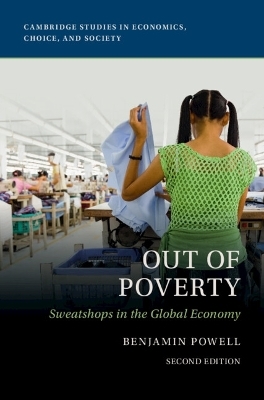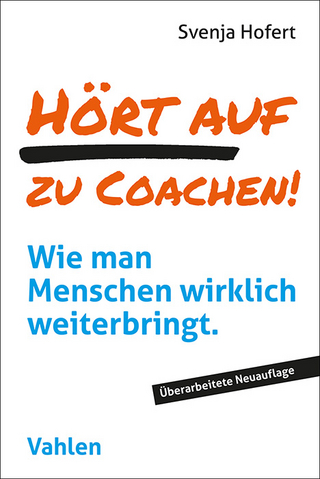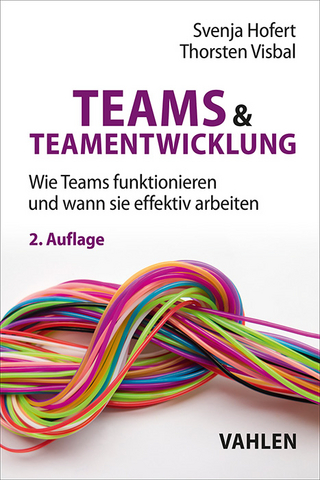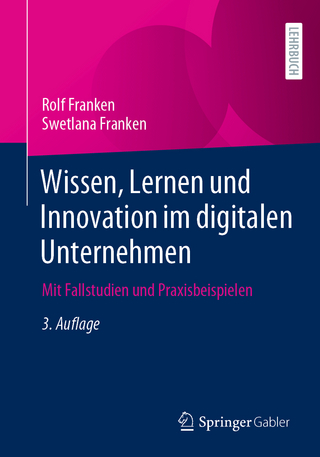
Out of Poverty
Cambridge University Press (Verlag)
978-1-009-50535-2 (ISBN)
- Noch nicht erschienen (ca. Januar 2025)
- Versandkostenfrei innerhalb Deutschlands
- Auch auf Rechnung
- Verfügbarkeit in der Filiale vor Ort prüfen
- Artikel merken
Out of Poverty provides a comprehensive defence of Third World sweatshops that does not put economic efficiency over people, but instead explores methods of improving the welfare of those in Third World countries. The author explains how sweatshops provide the best opportunity for workers; and how they play an important role in development, leading to better wages and working conditions. Using economic theory, empirical evidence, and historical investigation, Powell argues that the anti-sweatshop movement would harm the very workers it intends to help by creating less-desirable alternatives and undermining development. Including a new chapter on the 2013 Rana Plaza factory collapse in Bangladesh, this revised and expanded second edition also explores how sweatshop wages have changed and how poverty alleviation has progressed in countries with sweatshops in the late 1990s and early 2000s and how boycotting Uyghur forced labor in China differs other sweatshop boycotts.
Benjamin Powell is a Professor of Economics at Rawls College of Business Administration and the Executive Director at the Free Market Institute, Texas Tech University and a Senior Fellow with the Independent Institute He is the co-author of Wretched Refuse? The Political Economy of Immigration and Institutions (Cambridge University Press 2020) and the Amazon best-selling Socialism Sucks: Two Economist Drink Their Way Through the Unfree World (2019). His research on sweatshops has been reported in the New York Times and the Wall Street Journal.
1. Introduction; 2. The anti-sweatshop movement; 3. The economics of sweatshop wage determination; 4. Don't cry for me Kathie Lee: how sweatshop wages compare to alternatives; 5. Health, safety, and working conditions laws; 6. The Rana Plaza disaster and its aftermath; 7. Save the children?; 8. Is it ethical to buy sweatshop products?; 9. A history of sweatshops, 1780–2019; 10. The process of economic development; 11. What good can activists do?; 12. Conclusion.
| Erscheint lt. Verlag | 31.1.2025 |
|---|---|
| Reihe/Serie | Cambridge Studies in Economics, Choice, and Society |
| Zusatzinfo | Worked examples or Exercises |
| Verlagsort | Cambridge |
| Sprache | englisch |
| Themenwelt | Wirtschaft ► Betriebswirtschaft / Management ► Unternehmensführung / Management |
| Wirtschaft ► Volkswirtschaftslehre ► Makroökonomie | |
| ISBN-10 | 1-009-50535-1 / 1009505351 |
| ISBN-13 | 978-1-009-50535-2 / 9781009505352 |
| Zustand | Neuware |
| Haben Sie eine Frage zum Produkt? |
aus dem Bereich


